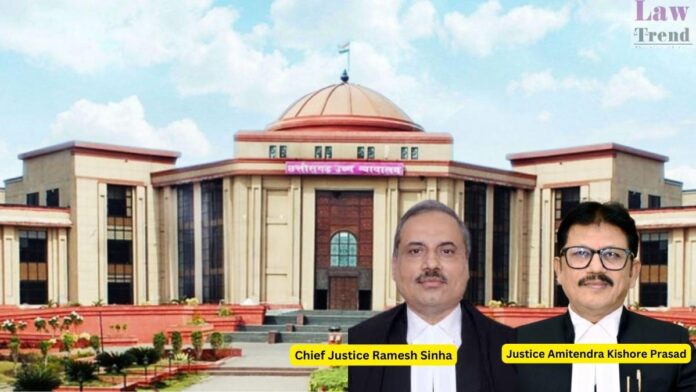In a significant judgment addressing the scope of professional accountability, the Chhattisgarh High Court quashed criminal charges against Senior Advocate Ramkinkar Singh, accused of issuing a flawed property certification that allegedly contributed to a financial fraud. The court held that negligence alone does not warrant criminal prosecution unless evidence shows active connivance or intent to




